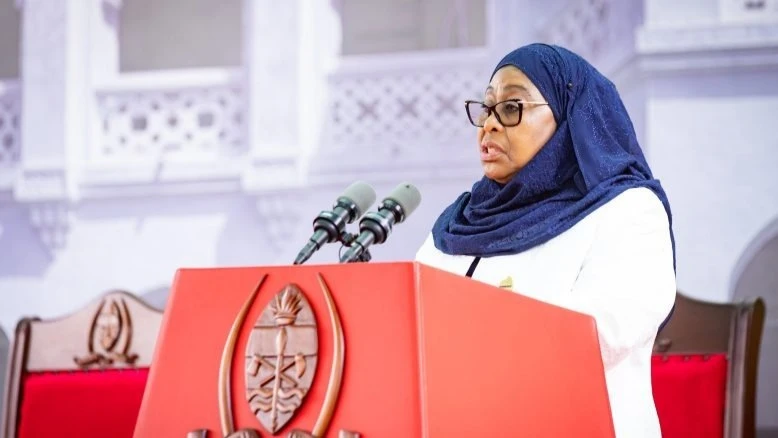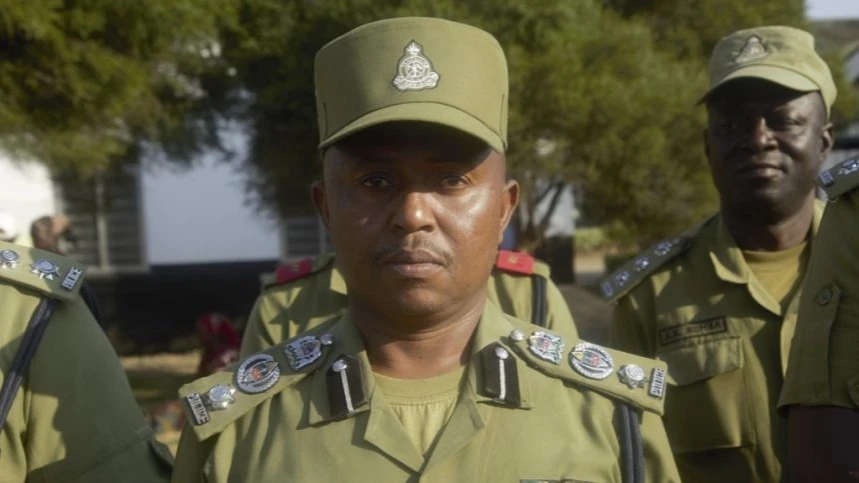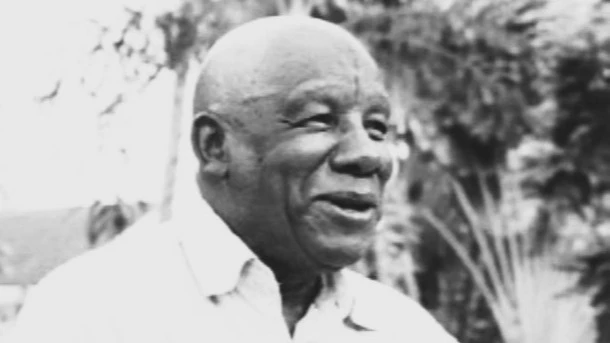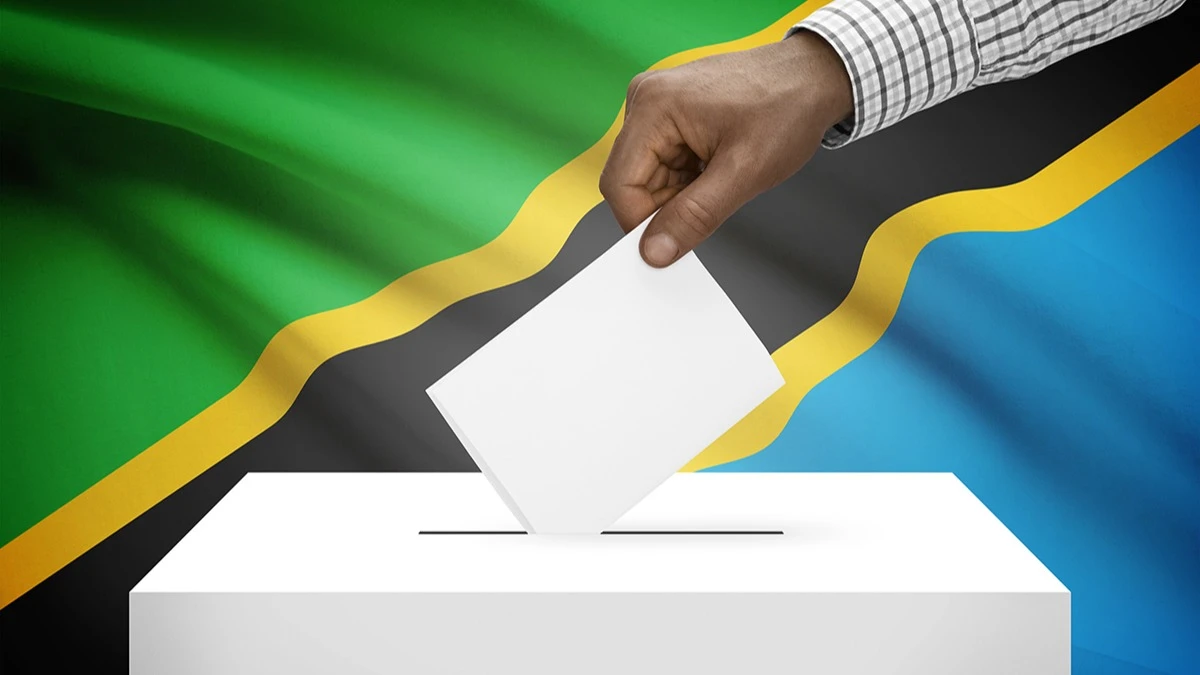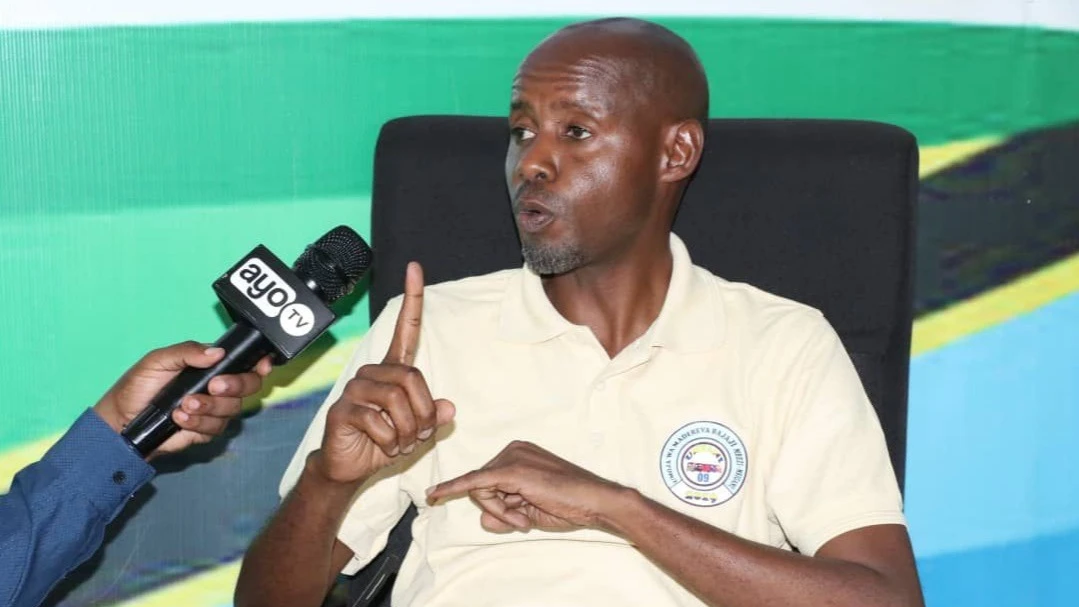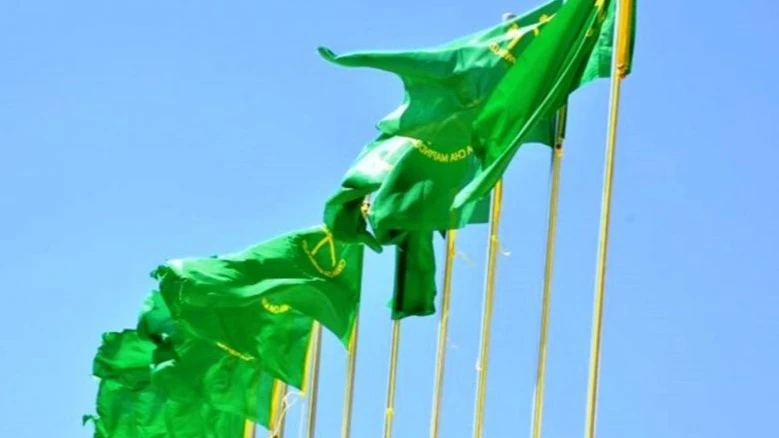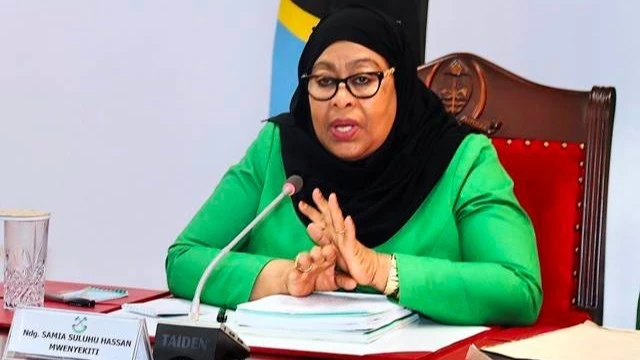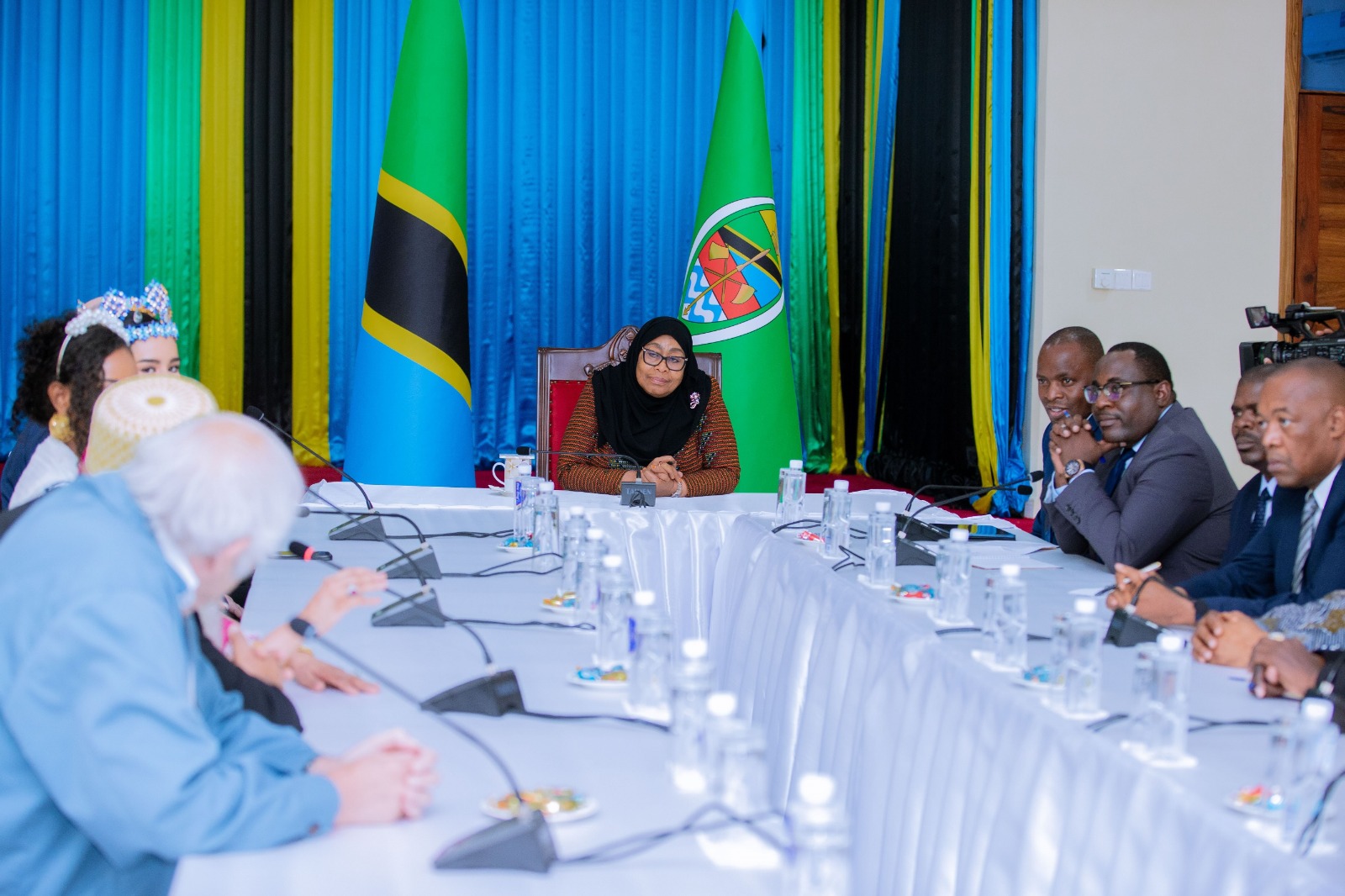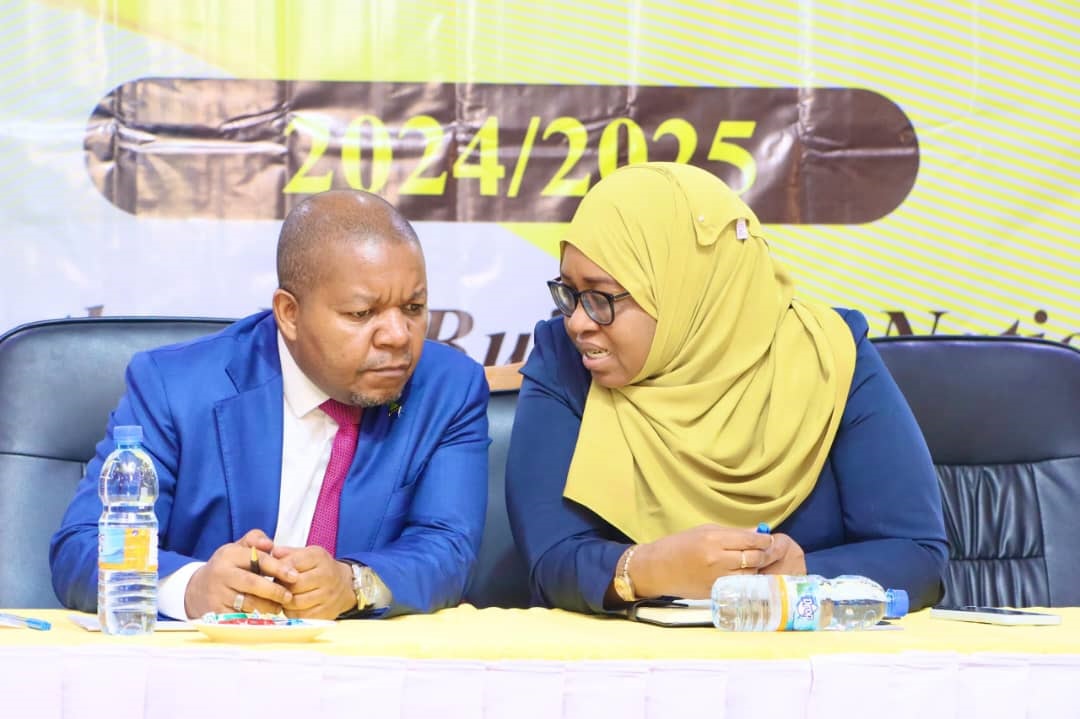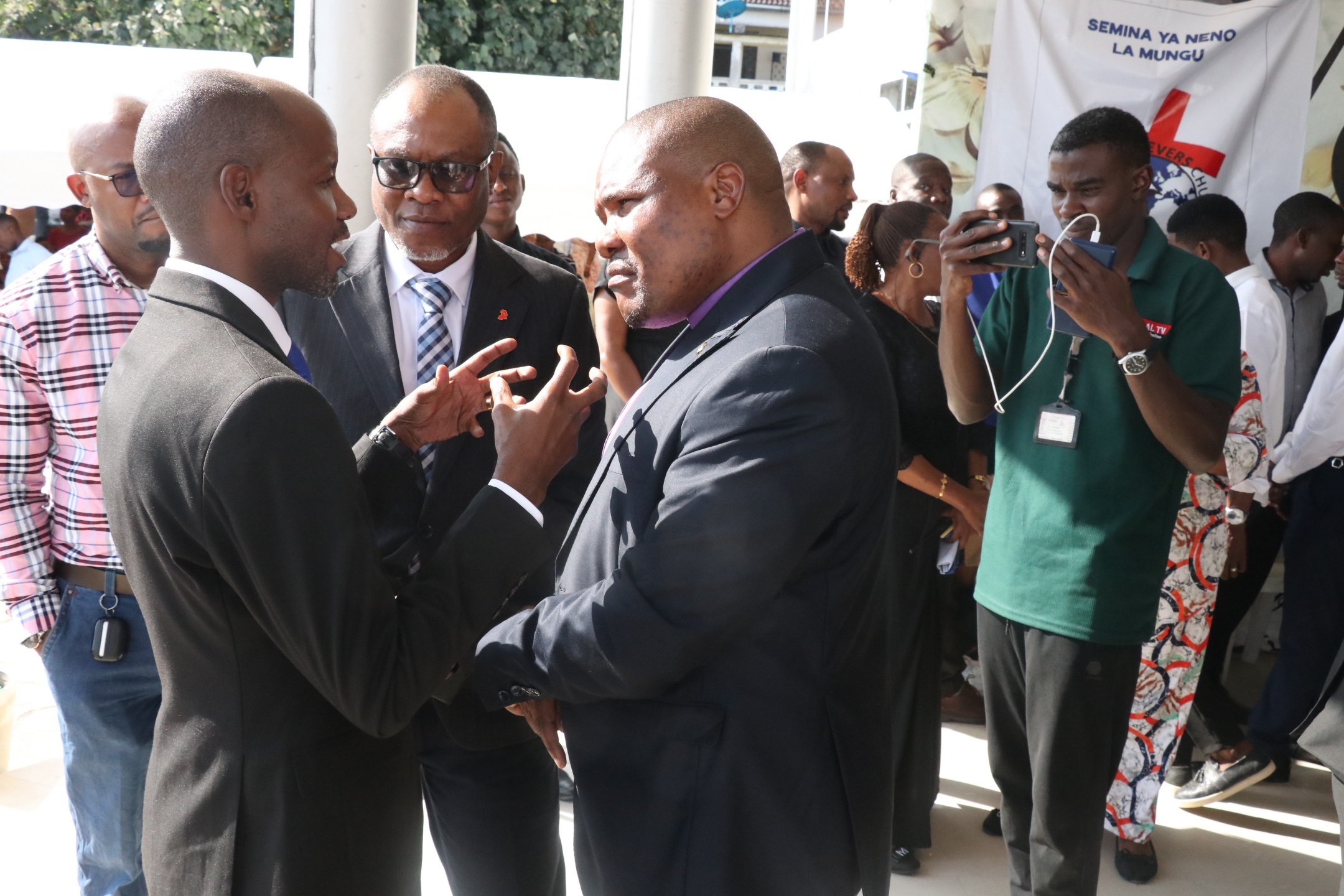Tanzania ready to start teaching Kiswahili in Namibia next week

IN a major step to promote linguistic and cultural integration across Africa, Tanzania has officially launched an introductory Kiswahili training programme in Namibia.
Speaking during the launch held on Thursday at Triumphant College in Windhoek, Tanzania’s Ambassador to Namibia, Caesar Waitara, said the programme is a direct outcome of the First Kiswahili Symposium hosted by the Embassy in April 2025. The symposium, also held at the college, set the foundation for expanding Kiswahili teaching and usage in Namibia.
The 15-week course, set to begin on Tuesday next week, will be delivered virtually in partnership between Triumphant College and National Kiswahili Council (BAKITA). The course aims to introduce learners to basic communication skills in Kiswahili and deepen their appreciation of the language's role in African identity and unity.
“Kiswahili is spoken by over 200 million people across Africa. It is more than just a language—it is a bridge connecting people, economies, and cultures,” he said during his keynote address.
He praised the 70 students who have registered for the course, including senior Namibian diplomats such as the ambassadors to Nigeria and the Democratic Republic of the Congo (DRC) and the Consul General in Angola. Their participation, he said, reflects growing regional interest in Kiswahili as a tool for diplomacy, trade, tourism, and pan-African cultural exchange.
Waitara emphasized Tanzania’s continued commitment to regional cooperation through language promotion and pledged ongoing collaboration with Triumphant College, BAKITA, and other stakeholders to expand Kiswahili instruction and usage in Namibia and beyond.
“Kiswahili is a unifying force in Africa. It plays a growing role in governance, education, business, and social cohesion. Through this initiative, we are not just teaching a language—we are empowering future African leaders,” he said.
The launch ceremony was held in hybrid format, with in-person attendance in Windhoek by Prof. Geoffrey Kiangi, Vice Chancellor of Triumphant College, Embassy officials, and Kiswahili students. The virtual segment included contributions from the Namibian ambassadors to Nigeria and the DRC, as well as BAKITA Executive Secretary, Consolata Mushi.
The development comes as Kiswahili continues to gain international recognition. It is now an official working language of the African Union, East African Community (EAC), and Southern African Development Community (SADC)—making its introduction in Namibia a timely and strategic move.
Top Headlines
© 2025 IPPMEDIA.COM. ALL RIGHTS RESERVED








